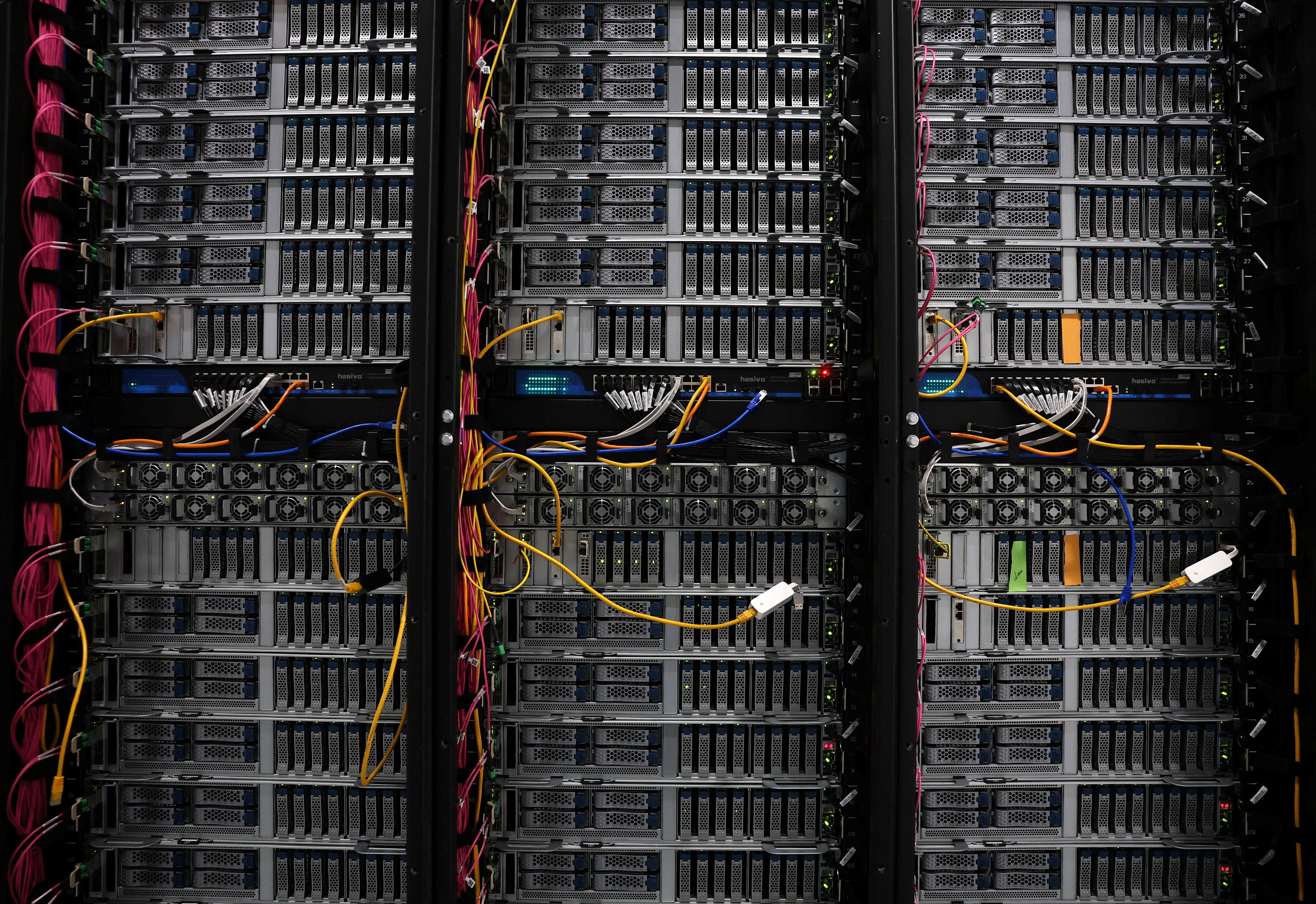How can businesses build trust?

Most business leaders recognize that trust is absolutely essential to the success and competitiveness of their company. But while 49% of the general public do not trust businesses to do what is right, only 37% of CEOs say they are concerned about the issue of trust in their industry.
How can we explain this disconnect? One reason might be a difference in how the public and businesses understand the concept of trust.
The public perception of trust in business hinges on values and behaviour. When asked why they don’t trust businesses, people point to issues like corruption and fraud, examples of leaders who have lied or broken the law, and a business sector that seems divorced from the needs of society. This is a visceral reaction, rooted in fundamental perceptions of fairness and honesty.
In contrast, when business leaders talk about building a trusted business, they tend to focus on transactional factors like products, delivery and customer service. These are obviously important for attracting and retaining customers. But they don’t speak to the public’s emotions. Nor do they prevent the public from feeling betrayed or marginalized.
Clearly, if they are to restore public faith in their companies, business leaders need to re-evaluate the way they think about the notion of trust. But how can they go about doing that? Answering that question has been a key part of the Leadership, Trust and Performance Equation Project, which was launched by the World Economic Forum in collaboration with PwC. Throughout the project, we identified nine hard realities related to trust-building. Collectively, these will help businesses change their understanding of trust, and ultimately change the way they operate. These can be broken down into five dos and four don’ts that form part of what we’re calling a “new settlement on trust”.
Do:
1. Recognize that trust is a complex, networked relationship involving many stakeholders. By bringing together representatives of all these stakeholders, we can break down barriers between them, creating more effective dialogue and stronger engagement.
2. Be prepared to work within the system rather than trying to work the system. When a person or a company is found to have manipulated the system, this destroys trust – and sometimes their business.
3. Acknowledge what leaders can and can’t do. There will always be trade-offs. Being open about unrealistic and unachievable expectations is essential.
4. Recognize that measures are not absolute and outcomes may not be perfect. Perfection will never be reached and progress can go up and down. These qualities are the opposite of how many businesses recognize and measure their success.
5. Apologize publicly for mistakes. Accepting responsibility for shortcomings and demonstrating the human and fallible element in business is core to building trust.
Don’t:
1. Expect to always be in control. Creating a new settlement for trust involves ceding a measure of control, in order to work openly and authentically with others within a collaborative system.
2. Try to please all your stakeholders all the time. Being upfront when stakeholder needs are not met and effectively communicating reasons in these instances will strengthen trust in the long term.
3. Try to pretend you always have the answer to everything. Being without a solution is an uncomfortable experience for any business leader. But showing your vulnerable side and then working inclusively with stakeholders to resolve issues is vital to building trust.
4. Wait for others to start building trust before you. Loss of profit or competitive advantage is a real pressure for leaders. Investing in trust-building may cost money or make a company appear less competitive in the short term. But in the longer term it will build a more successful and resilient business.
Putting in place a new settlement on trust will not be easy. It will take time, commitment, hard work and investment. It will require a new perspective on the relationship between business and society, the responsibility of corporations, and the norms that govern behavior. But we trust the effort will pay off.
Find out more through the World Economic Forum initiative Unlocking Trust: Better Understand Trust Building in Business
This article is published in collaboration with Huffington Post.
To keep up with the Agenda subscribe to our weekly newsletter.
Author: Cynthia Hansen is Director and Head of Professional Services at the World Economic Forum.
Image: British Prime Minister Tony Blair (L) shakes hands with German Chancellor Gerhard Schroeder. REUTERS/Jim Young.
Don't miss any update on this topic
Create a free account and access your personalized content collection with our latest publications and analyses.
License and Republishing
World Economic Forum articles may be republished in accordance with the Creative Commons Attribution-NonCommercial-NoDerivatives 4.0 International Public License, and in accordance with our Terms of Use.
The views expressed in this article are those of the author alone and not the World Economic Forum.
Stay up to date:
leadership
Forum Stories newsletter
Bringing you weekly curated insights and analysis on the global issues that matter.
More on BusinessSee all
Mahmoud Mohieldin and Vera Songwe
November 20, 2025







